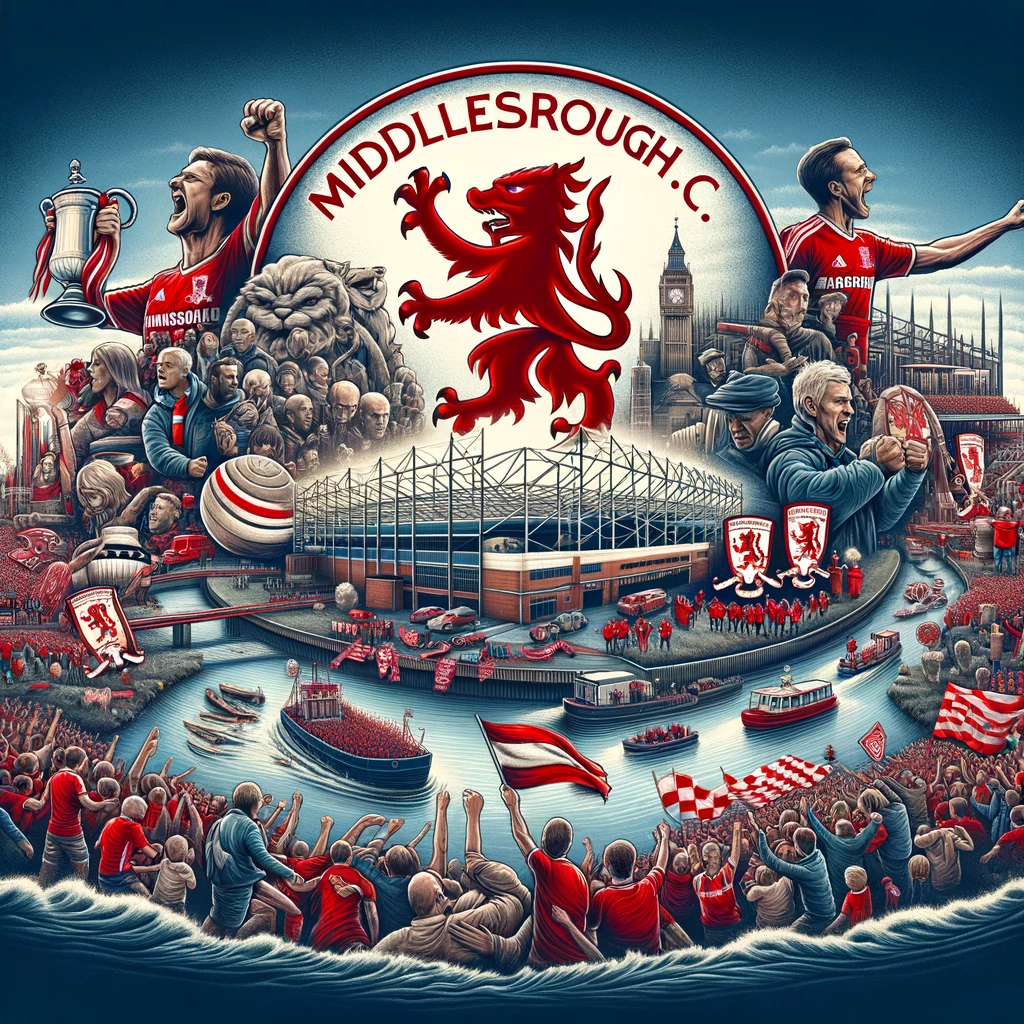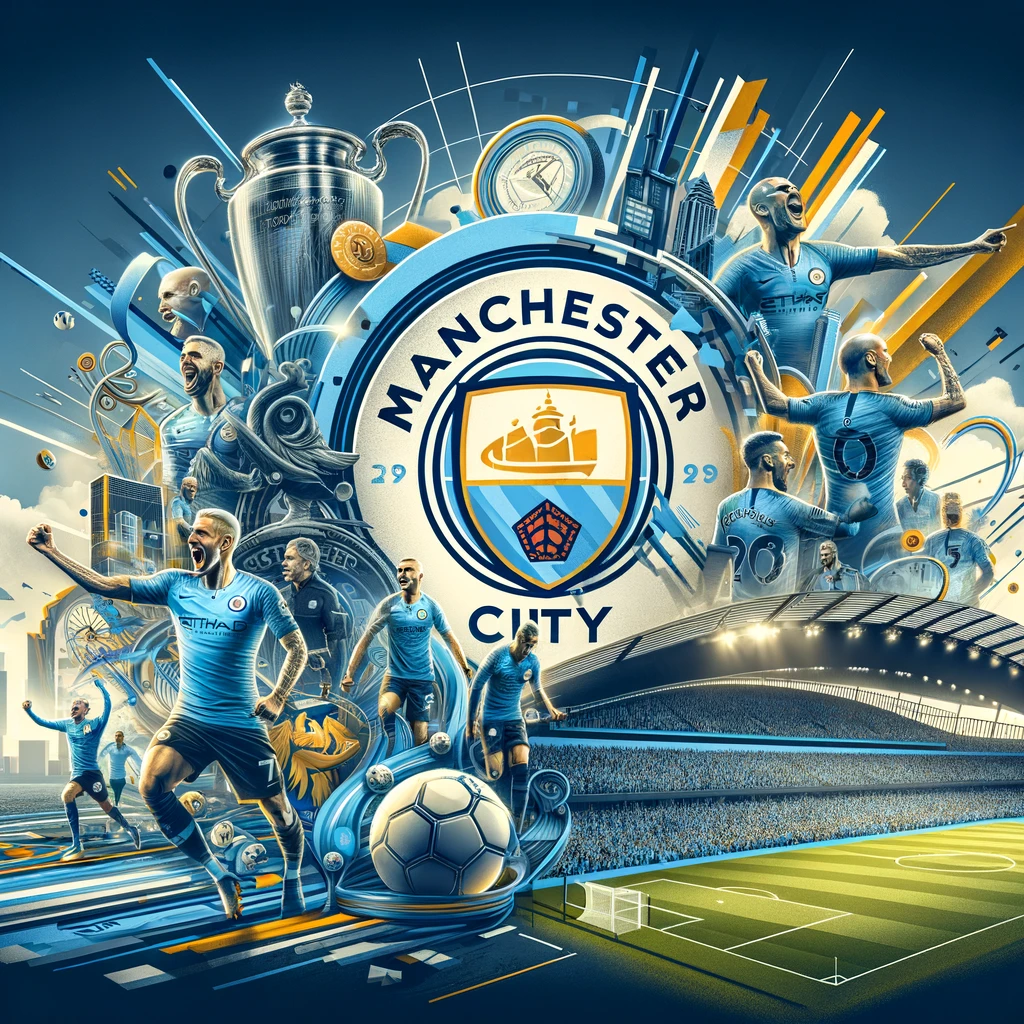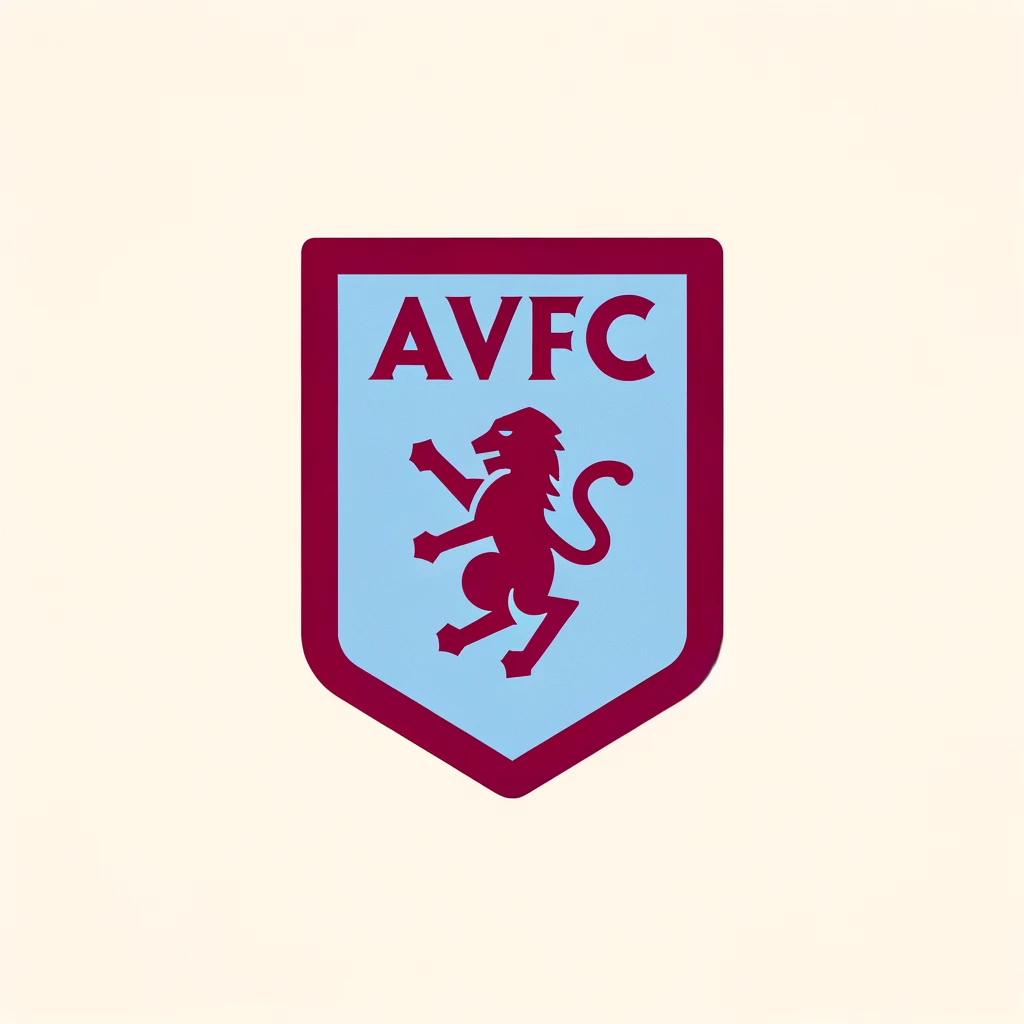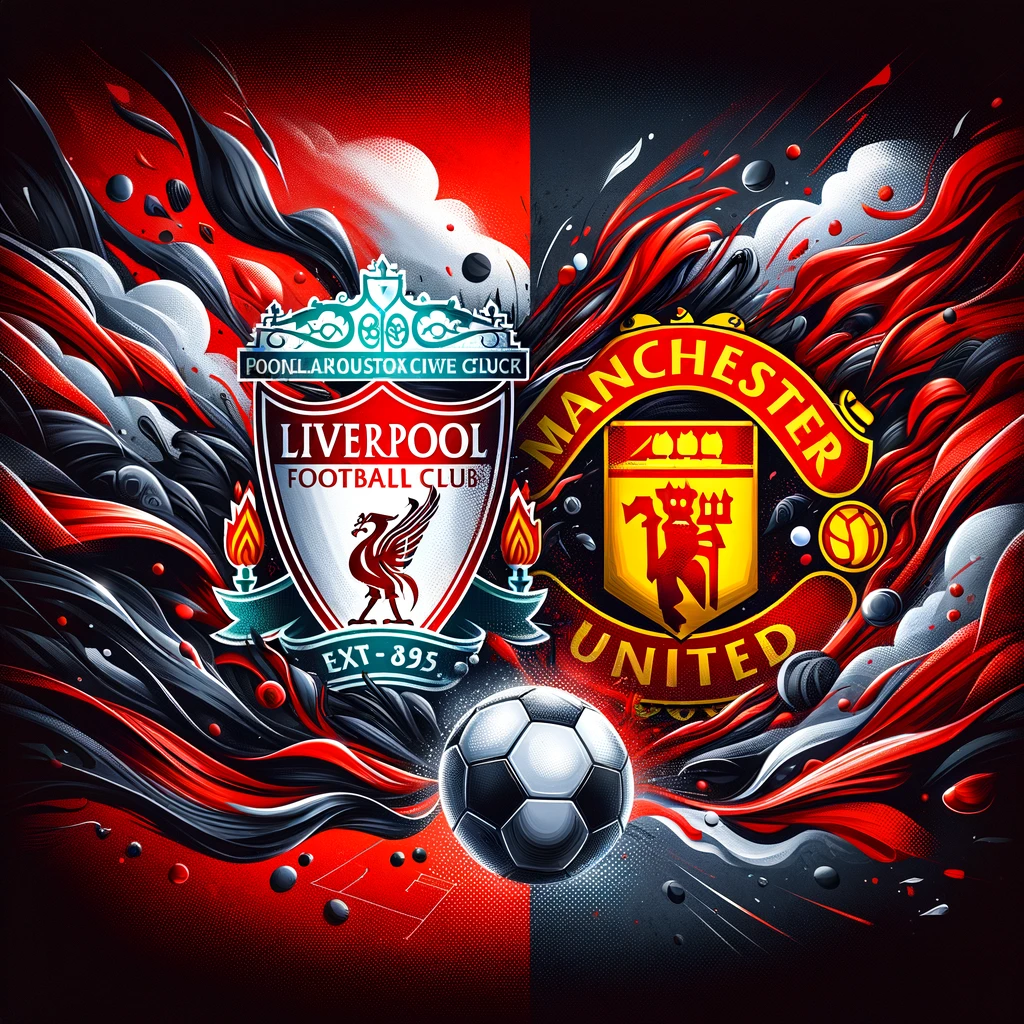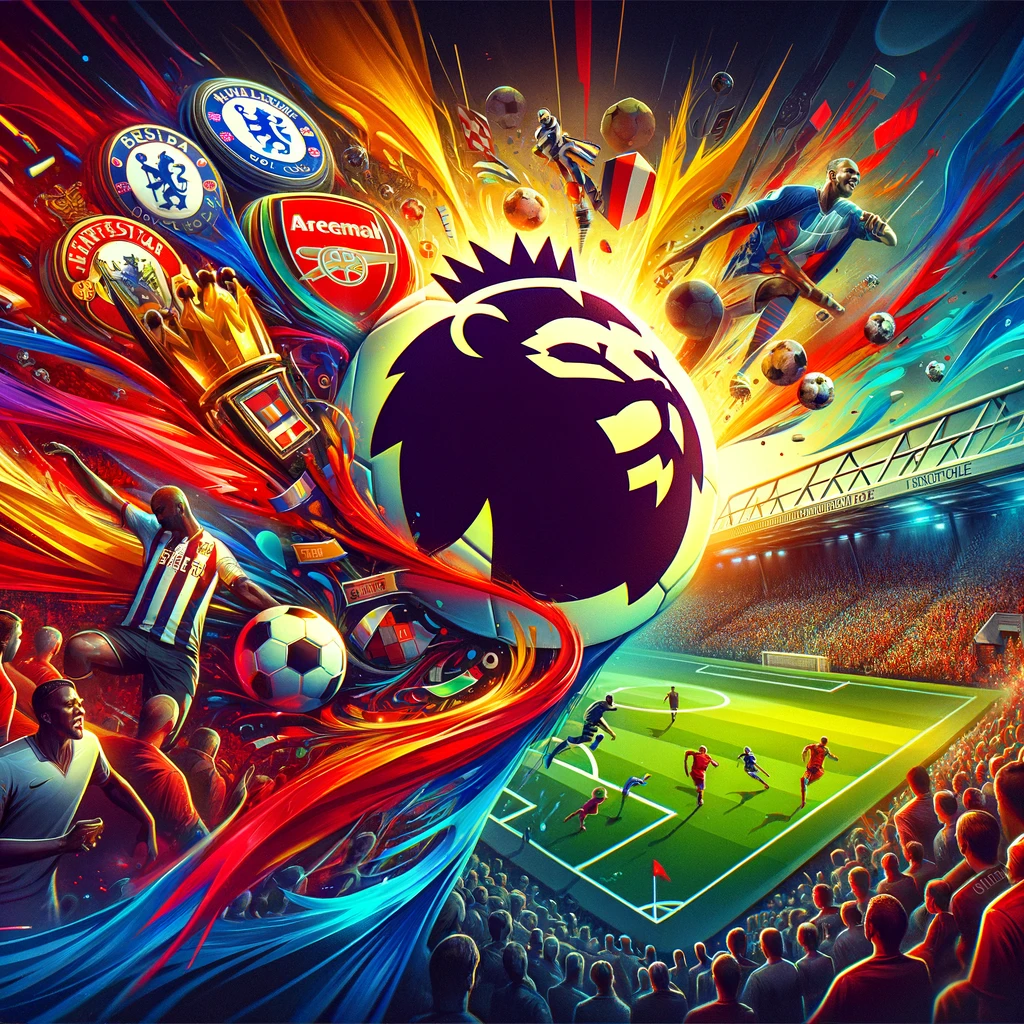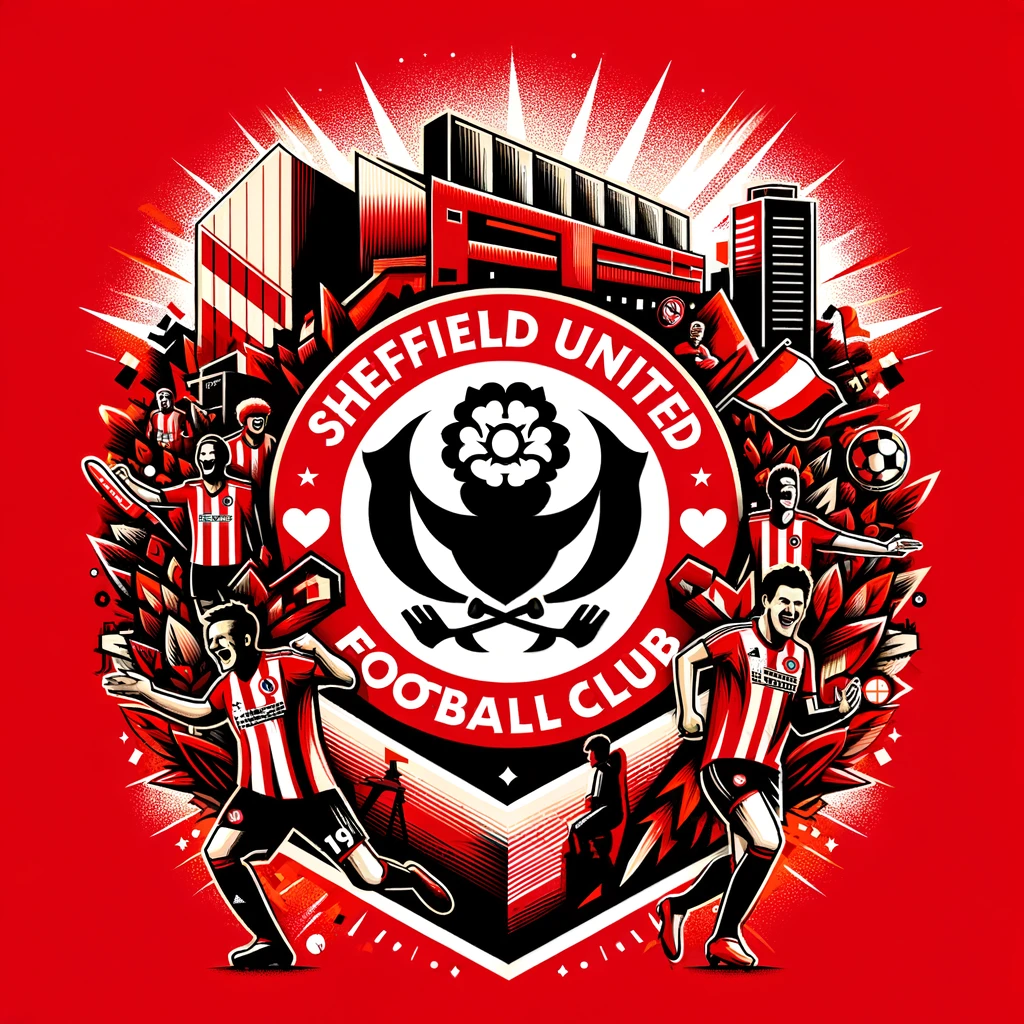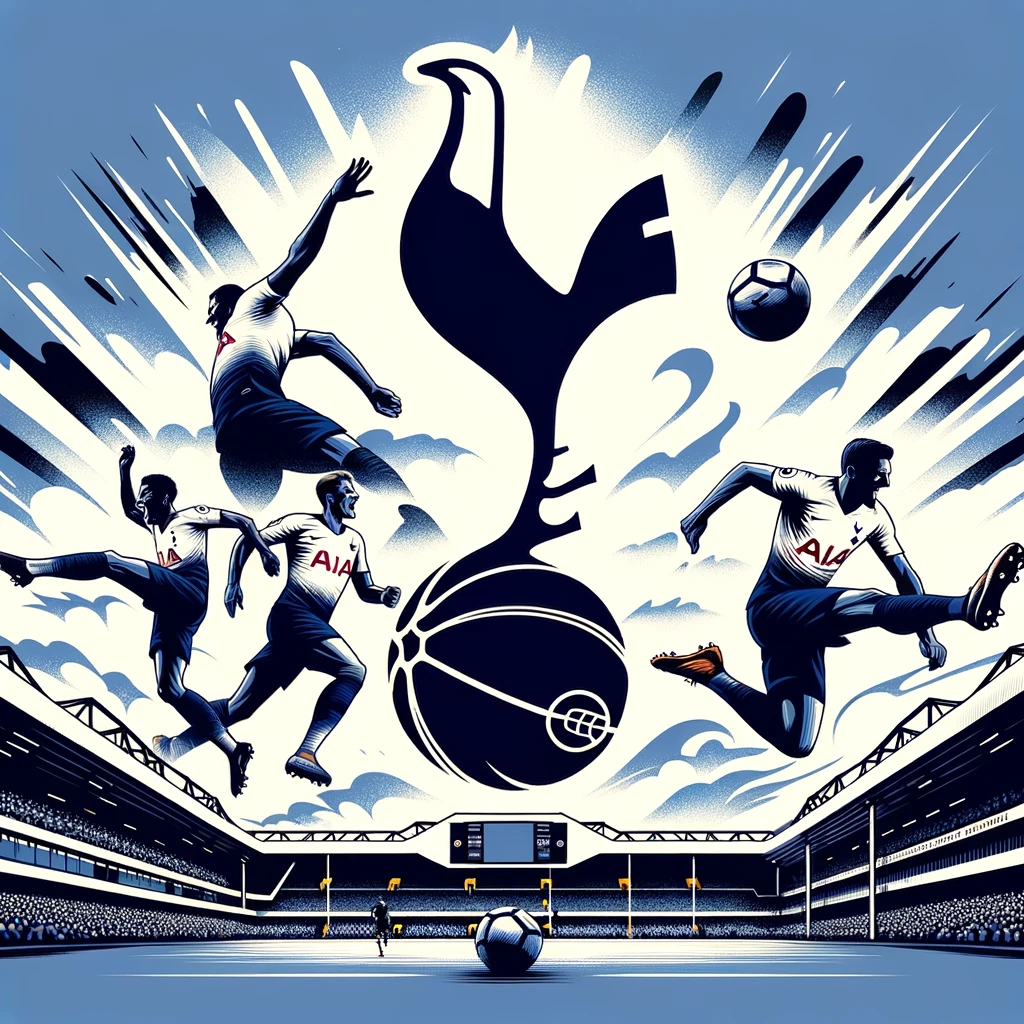The English Premier League, often simply called the Premier League, is the top tier of English football and one of the most popular and watched sports leagues in the world. Known for its high level of competition and global fan base, the Premier League has become synonymous with top-tier football.
Recent Seasons’ Overview: Up to 2023, the Premier League continued to thrive, with its clubs competing fiercely for the title, European qualification spots, and to avoid relegation. The league had seen a mix of established top clubs and emerging teams vying for supremacy, making each season unpredictable and exciting.
The Premier League’s Top Clubs: A Landscape of Constant Evolution
The English Premier League, renowned for its competitiveness and global appeal, has several top clubs that have shaped the league’s landscape in recent years. These clubs, with their rich histories and substantial resources, have constantly evolved to maintain their status at the pinnacle of English football.
Manchester City: In recent years, Manchester City emerged as a dominant force in the Premier League under the management of Pep Guardiola. Known for their attractive and effective style of play, City has consistently challenged for top honors, backed by significant investment in player acquisitions and youth development. Their success in the league has been marked by several title wins and a strong presence in European competitions.
Liverpool: Liverpool, under Jurgen Klopp, experienced a resurgence, becoming one of the most formidable teams in Europe. Their high-pressing, fast-paced style of play brought them considerable success, including a Premier League title that ended a long wait for league glory. Liverpool’s emphasis on strategic player recruitment and development has been a key factor in their recent achievements.
Manchester United: One of the most successful clubs in English football history, Manchester United has been in a period of transition, seeking to return to their former heights. Despite challenges in maintaining consistency, United has remained a major player in the transfer market, attracting top talents and focusing on rebuilding under several managers.
Chelsea: Chelsea has consistently been among the top clubs in the Premier League, known for their strong defensive organization and counter-attacking prowess. With regular investment in high-profile players and a focus on tactical adaptability, Chelsea has continued to be a strong contender in both domestic and European competitions.
Tottenham Hotspur: Tottenham, traditionally considered just outside the top tier of Premier League clubs, has made significant strides to break into the upper echelon. The development of a new stadium and training facilities, along with investment in the squad, has seen Tottenham challenge the traditional top teams more consistently.
Arsenal: Arsenal has been focusing on a long-term strategy under the management of Mikel Arteta, emphasizing youth development and a fluid playing style. The club’s efforts to blend experienced players with emerging talents have seen them remain competitive and aim for a return to the top of the league.
Leicester City: Leicester City’s remarkable Premier League win in 2015-16 was a highlight of recent years. Since then, they have established themselves as a competitive side capable of challenging the traditional top teams, thanks to astute management and player recruitment.
The landscape of the Premier League’s top clubs is one of constant evolution, with each club striving to balance immediate success with long-term planning. This dynamism makes the Premier League one of the most exciting and unpredictable football leagues in the world.
Global Reach and Popularity: The Premier League’s appeal extended far beyond the UK, with a massive global audience. This international popularity was bolstered by the league’s broadcast agreements, which allowed fans worldwide to follow the action. The league had also been active in promoting itself globally, with pre-season tours and community projects in various countries.
Technological Innovations and Initiatives: The Premier League had been at the forefront of embracing technology, from the use of VAR (Video Assistant Referee) to advanced analytics in game strategy and player development. These technological advancements had significantly impacted the way games were played and officiated.
Community and Social Responsibility: The Premier League and its clubs had been involved in numerous community and social responsibility initiatives. These ranged from grassroots football development programs to campaigns promoting inclusivity and combating racism in football.
Economic Impact: The Premier League had a significant economic impact, not only through its direct activities but also through the tourism, employment, and international trade it generated. The financial strength of the league and its clubs had been a major factor in its ability to attract and retain top talent from around the world.
Looking Ahead: The future of the Premier League appeared bright, with plans to further enhance its global presence, improve player and fan experiences, and maintain its status as one of the most competitive and entertaining football leagues in the world.
The Premier League’s journey, filled with memorable matches, iconic players, and passionate fans, continued to captivate and inspire millions of football enthusiasts around the globe.


